
Grand Prince of Moscow and All Russia
IVAN III
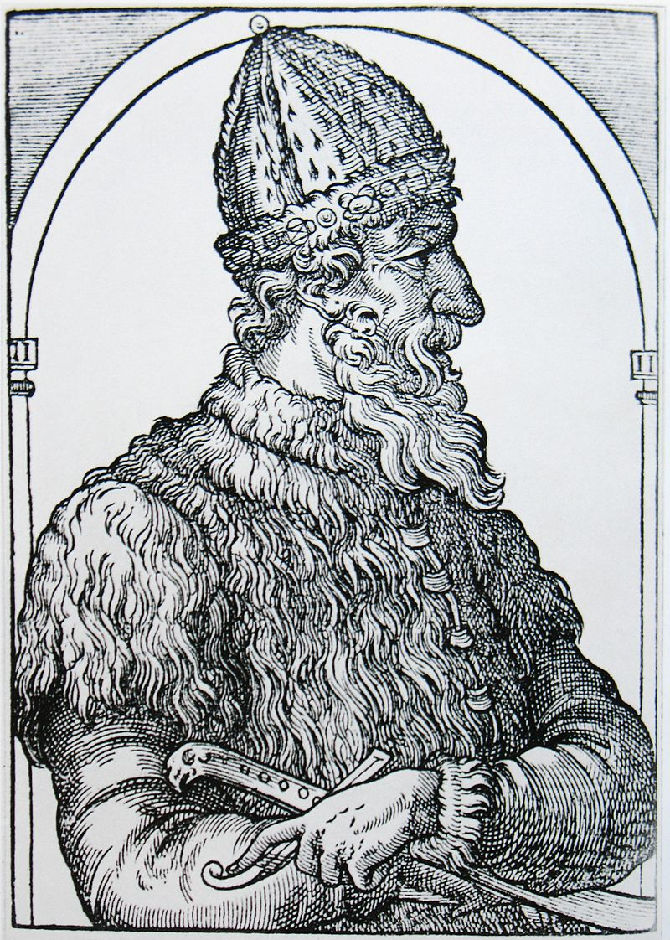
He is tall but thin. In general, he is considered a very handsome manLearn more








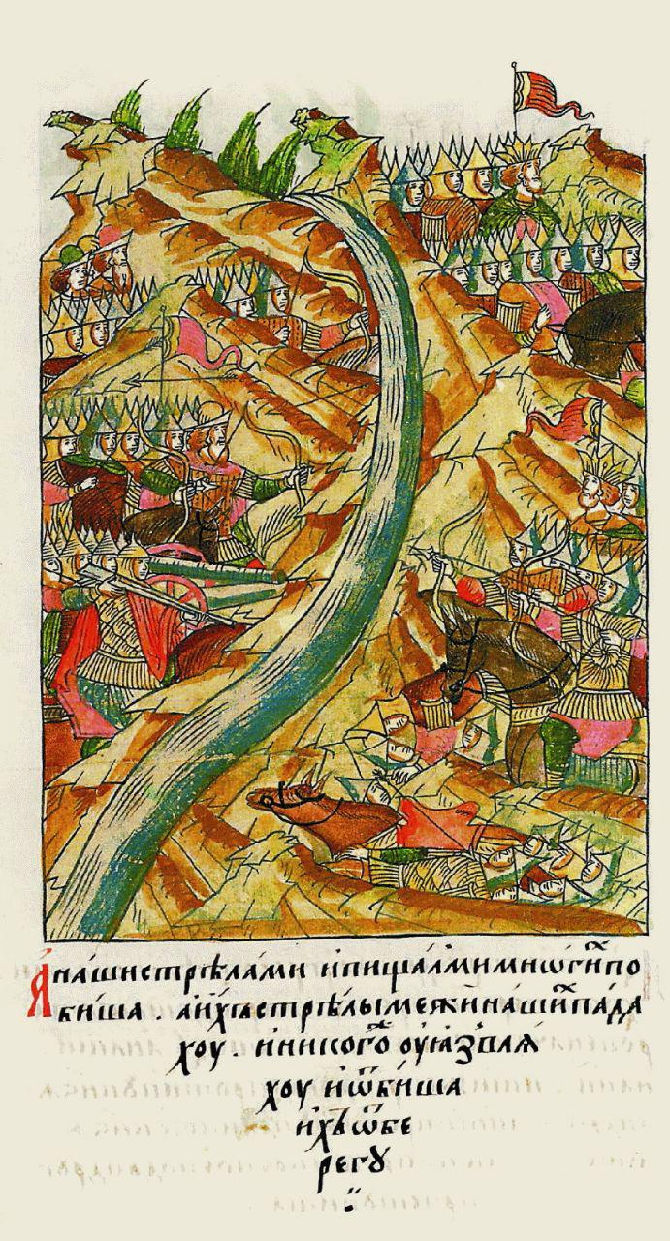

Great Prince Ivan III of Muscovy deployed his force to contain the army of Akhmat Khan of the Great Horde in October and November 1480.
This event put an end to the Horde Yoke and helped to establish a unified Russian State. In the 1470s, Ivan III stopped paying tribute to Akhmat Khan, who headed the Great Horde, the biggest splinter of Genghis Khan’s empire. In response to this, to quote the chronicle, “the evil-named Tsar Akhmat … went for the Orthodox Christendom, Rus.” The Russian army was deployed to bar khan’s passage. The main force was positioned near Kaluga at the mouth of the Ugra River. The presumed fords were provided with fortifications and the latter reinforced with infantry, archers and artillery. The enemy repeatedly attempted to cross the river but all its attempts were cut short by gunfire from the opposite bank. Food shortages and an outbreak of diseases forced khan’s men to return back to the Horde empty-handed.
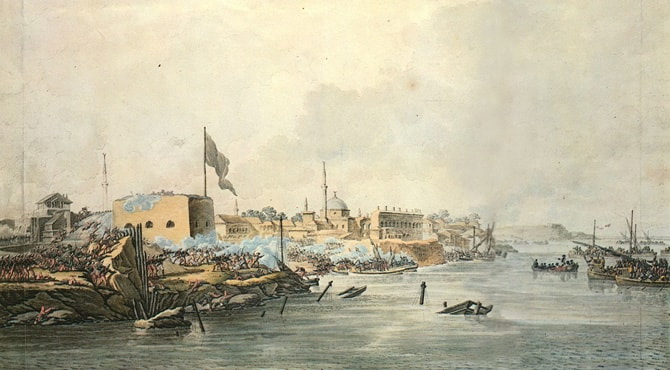

«Let the drums of triumph thunder!”»
The Turkish fortress of Izmail was taken by assault in 1790 during the Russo-Turkish war (1787 – 1791). Moscow’s Alexander Suvorov was in charge of the operation. The fall of Izmail was of huge importance, influencing the outcome of the war that ended in the signing of the Treaty of Jassy in 1792, whereby Turkey recognised Crimea’s accession to Russia. The Treaty made the Dniester the Russo-Turkish frontier in Europe, thus transferring the entire Northern Black Sea area from the Dniester to Kuban to Russia. Dedicated to the Izmail victory was the song “Let the drums of triumph thunder!”, an unofficial anthem of the Russian Empire until 1816.
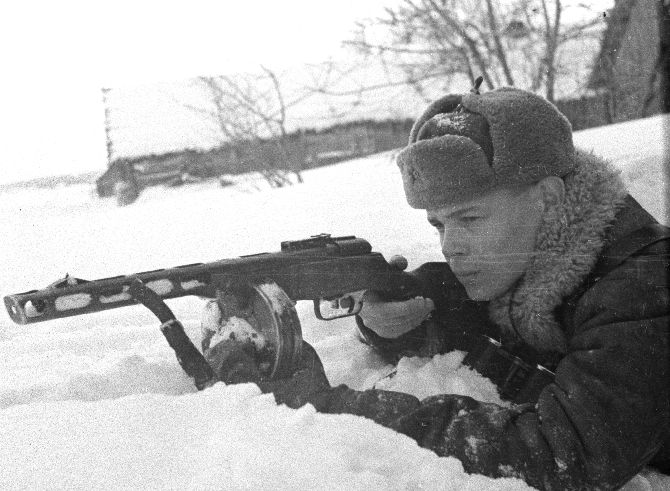
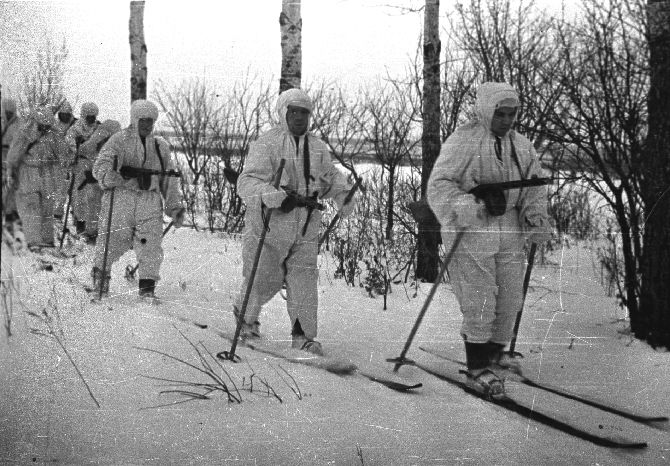



This battle presaged victory over Nazism
The Battle of Moscow (30 September 1941 – 20 April 1942) ended in the first major Soviet victory over the Nazis. The enemy had concentrated 74 divisions in the Moscow sector, including 14 tank and 8 motorised divisions, and was poised to capture the Russian capital. However, despite their numerical and technological superiority, the Germans never succeeded in entering the city. On 1 May 1944, the USSR instituted the For the Defence of Moscow medal conferred on servicemen who defended Moscow for no less than a month. It was also awarded to all Muscovites who had taken part in building fortifications, manning air defence positions, and policing the city. Over one million people were decorated.